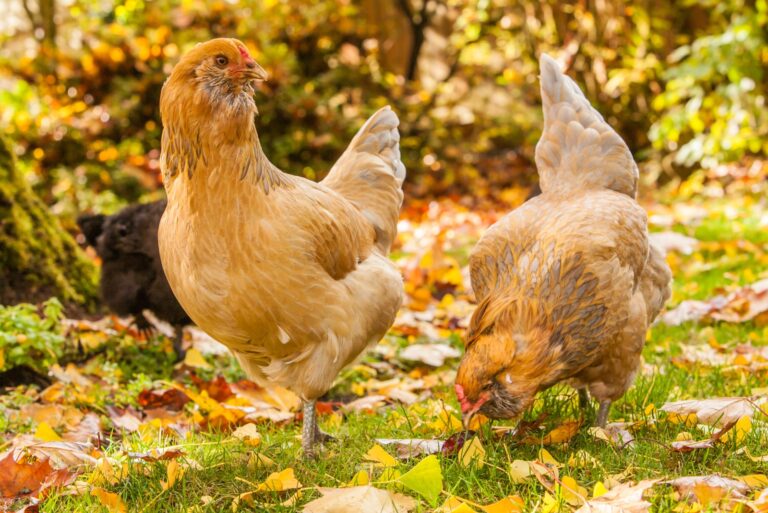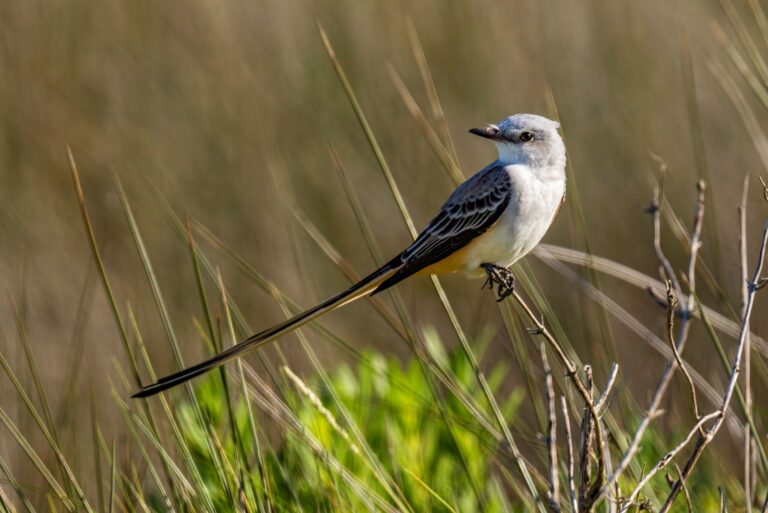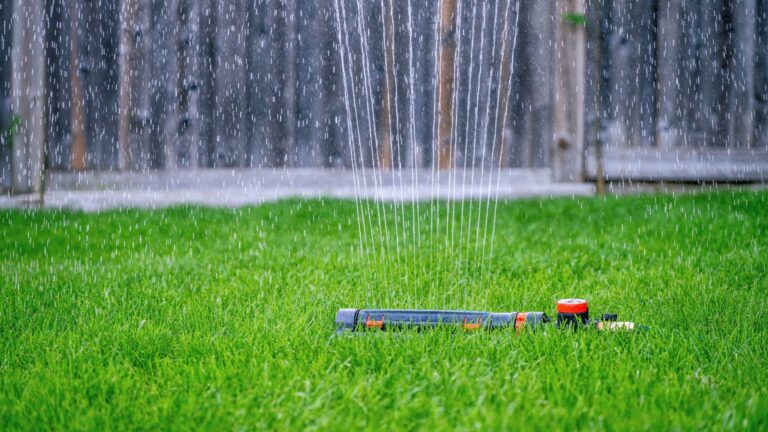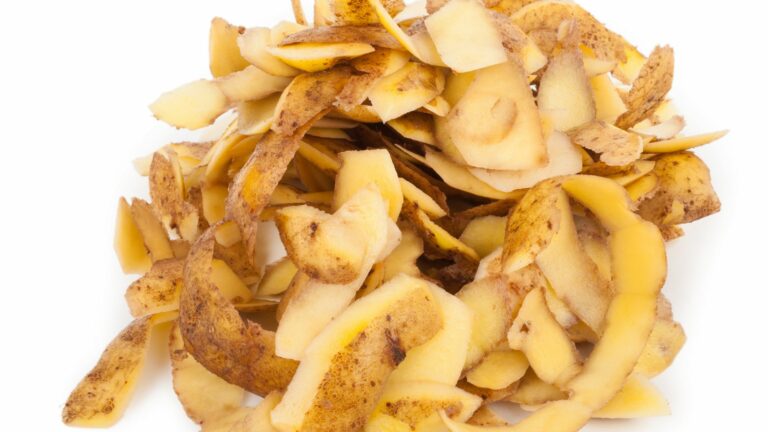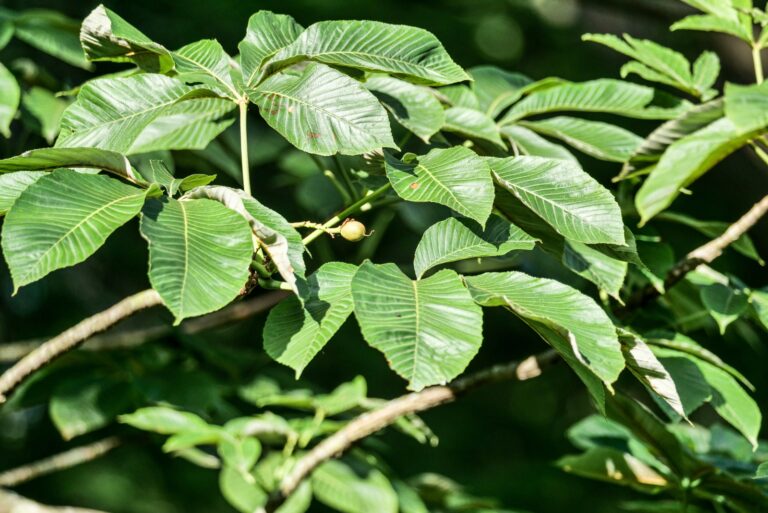10 Plants That Make Amazing Lip Balm—And 8 That Smell Like A Dream
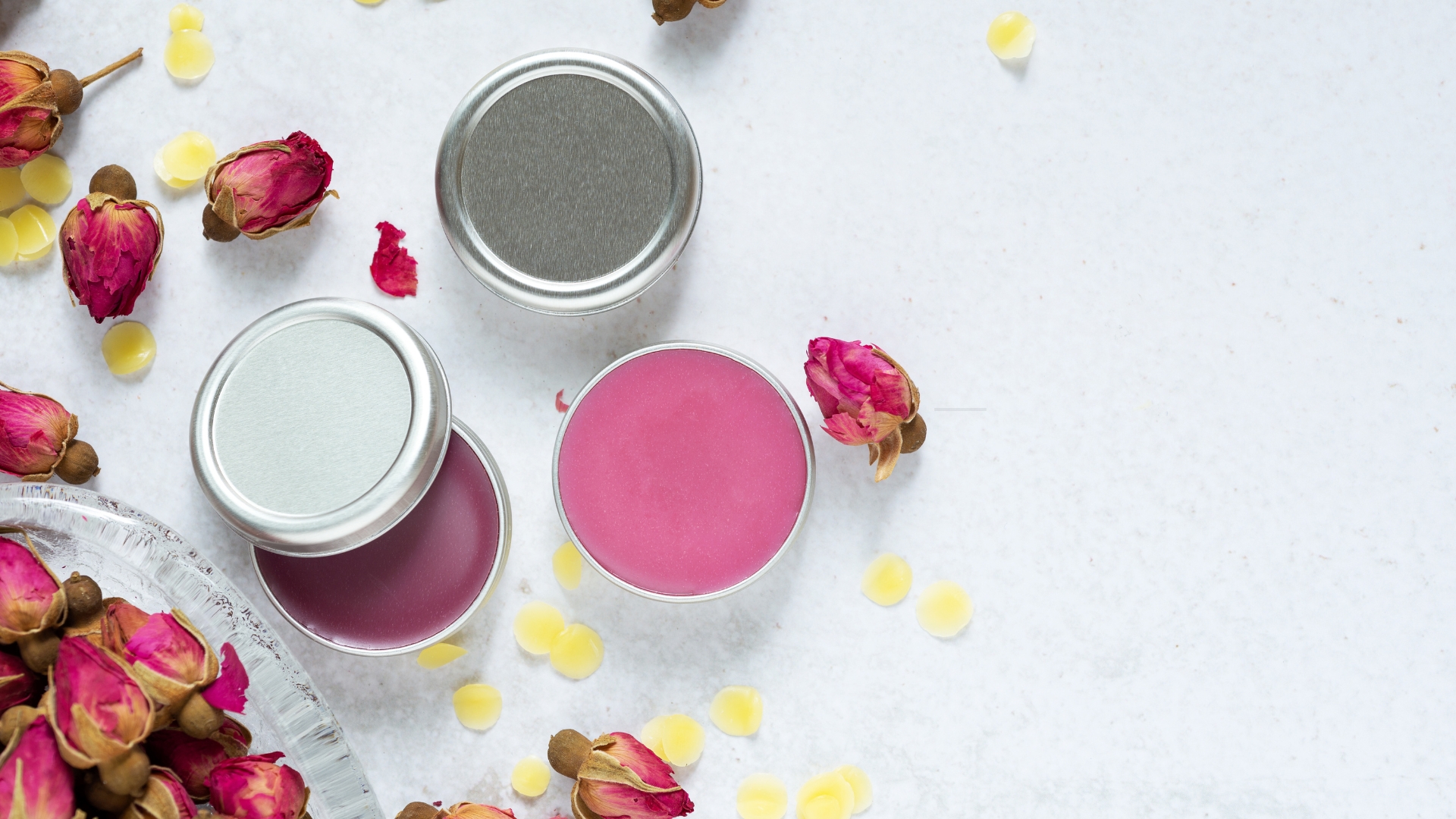
Nature has a way of doing it all—soothing your lips and making you smell amazing, all from plants you can grow or forage. Some plants are packed with oils and healing power, perfect for homemade lip balm.
Others release scents so sweet, they’re like solid perfume straight from the garden. If you’re into DIY beauty, these 18 plants deserve a spot in your toolkit.
1. Coconut Oil – The Tropical Hydrator
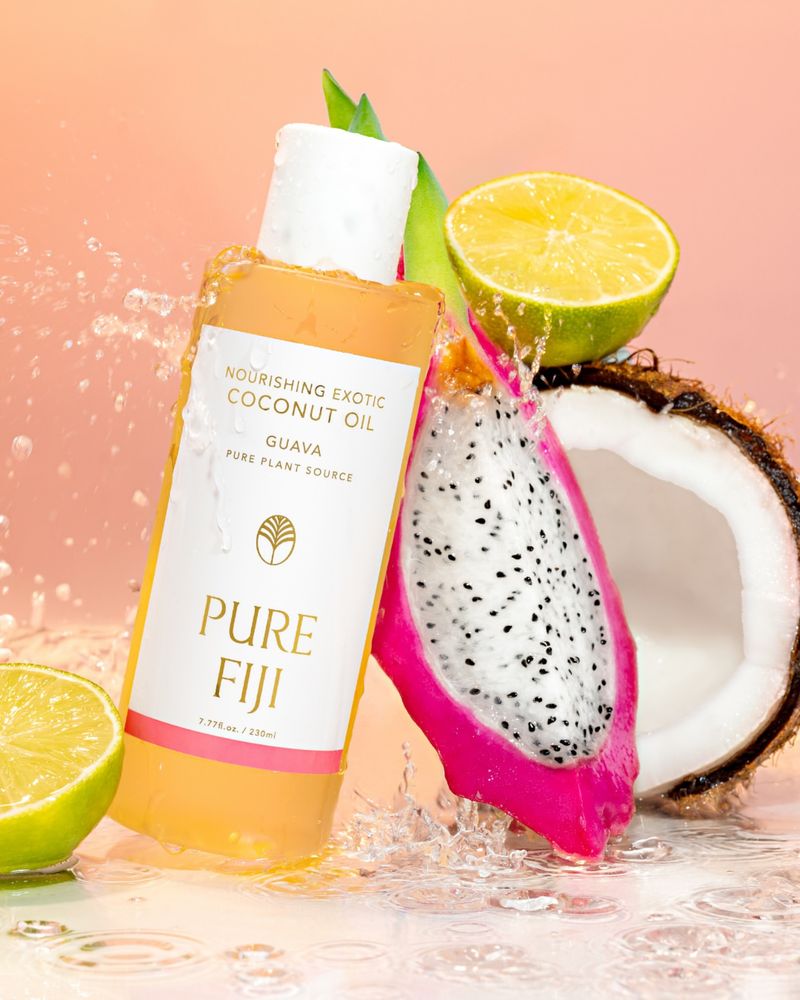
Extracted from the meat of coconuts, this oil solidifies at room temperature, making it perfect for lip balm formulations. The fatty acids penetrate lips deeply, repairing cracks and preventing moisture loss even in harsh weather.
Many DIY enthusiasts consider coconut oil their go-to base ingredient because it naturally contains antimicrobial properties that help protect lips from infection. Plus, its subtle tropical scent reminds you of beach vacations with every application.
2. Shea Butter – Africa’s Golden Gift
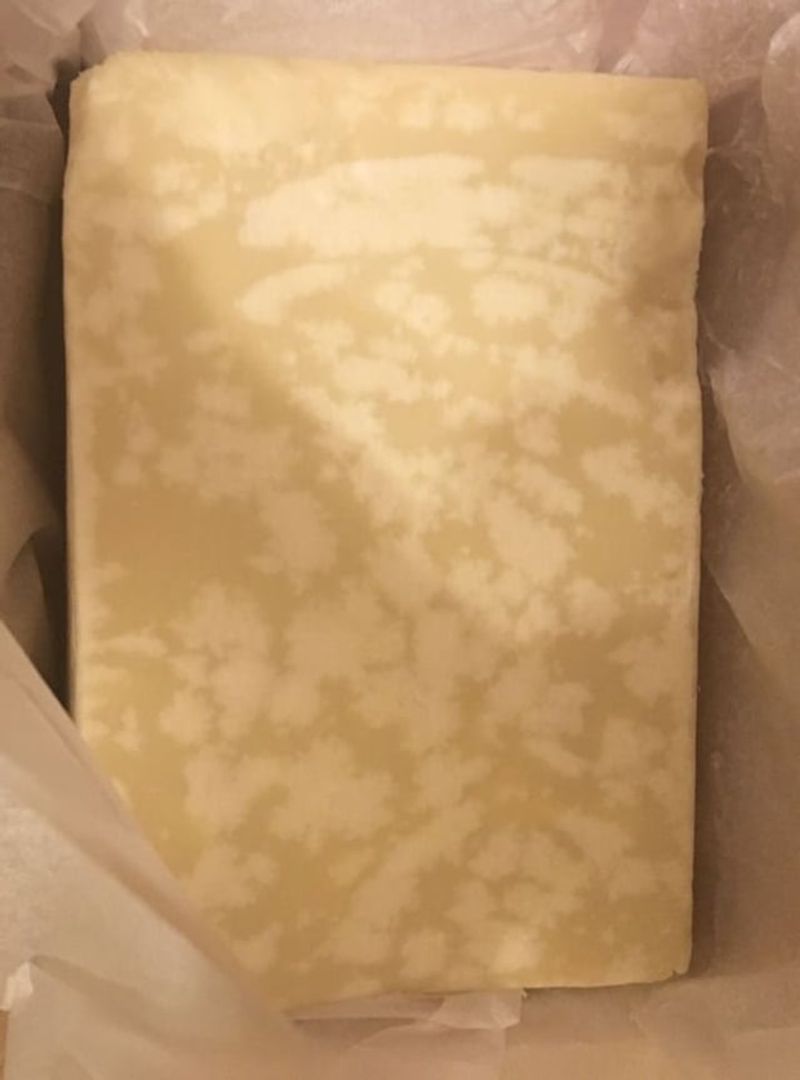
Harvested from the nuts of the African shea tree, this rich butter melts at body temperature, creating a protective barrier on your lips. Women in West African villages have used shea butter for generations to shield skin from the harsh Saharan climate.
Unlike petroleum-based products, shea butter contains vitamins A, E, and F that actually heal your lips rather than just coating them. The natural fatty acids help rebuild and regenerate damaged lip tissue overnight.
3. Beeswax – Nature’s Protective Seal
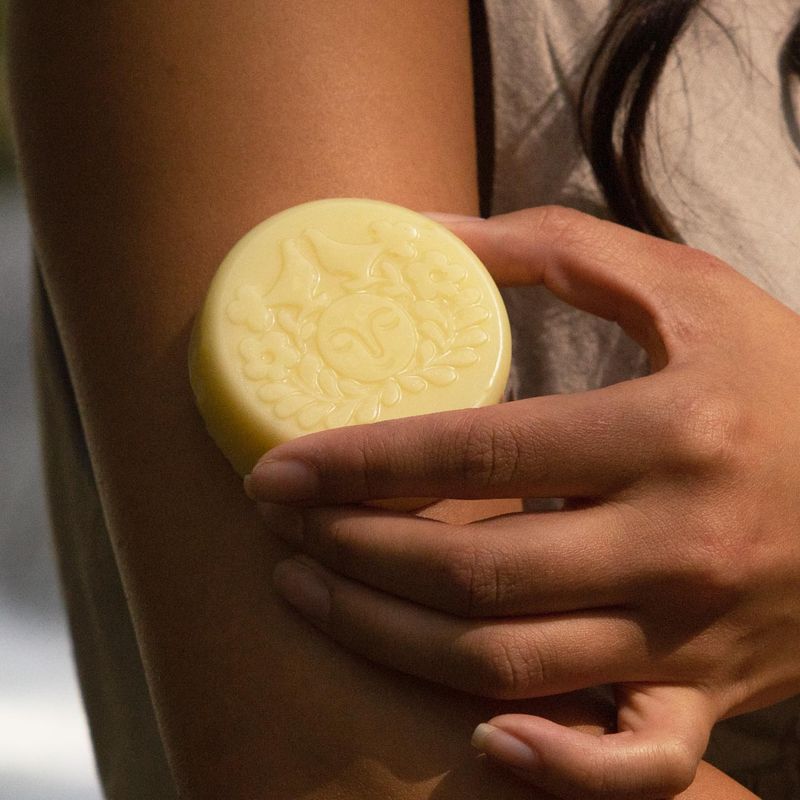
Bees produce this remarkable substance to build their honeycombs, and humans have borrowed it for centuries to protect delicate skin. The thin layer it creates on lips acts like a shield against wind and cold while still allowing skin to breathe.
Yellow beeswax carries a subtle honey scent that makes lip balms smell delicious without added fragrances. Beyond just sealing in moisture, beeswax contains small amounts of vitamin A, which helps with cell regeneration and healing chapped lips faster.
4. Aloe Vera – The Soothing Healer
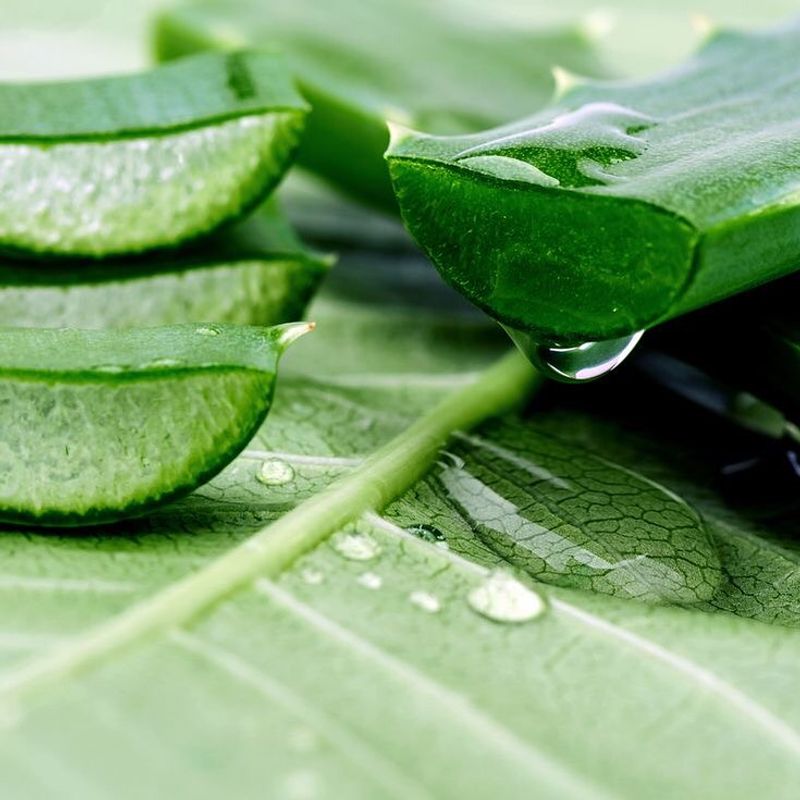
Break open an aloe leaf and you’ll find the clear gel that’s legendary for its healing powers. When added to lip balms, this gel brings immediate relief to painful, cracked lips while delivering intense hydration to parched skin cells.
Scientists have identified over 75 active compounds in aloe vera, including vitamins, minerals, and enzymes that reduce inflammation. For severely chapped lips, aloe-based balms work wonders overnight, helping the skin repair itself while you sleep.
5. Calendula – The Gentle Skin Mender
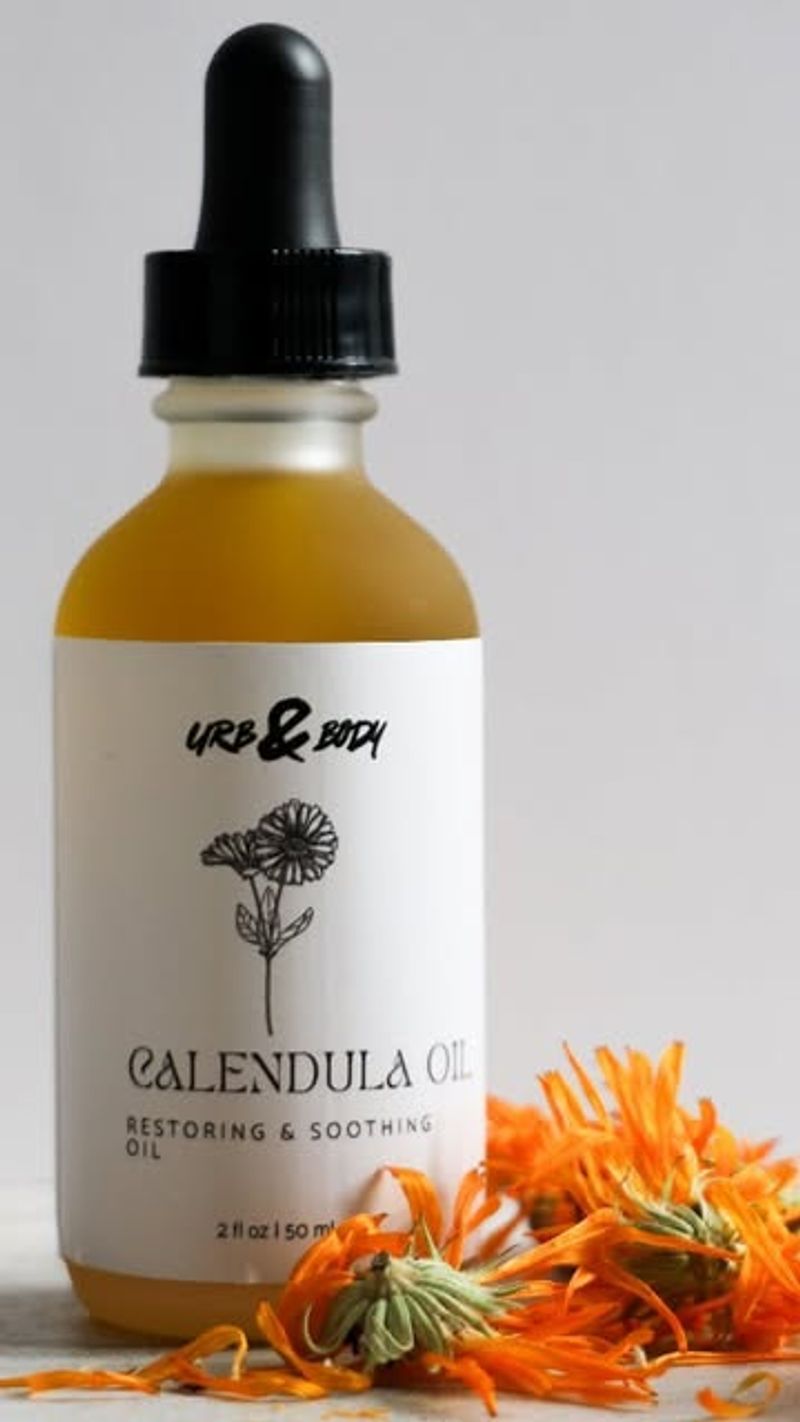
Those bright orange and yellow flowers aren’t just pretty garden additions—they’re powerful skin healers. Calendula-infused oils have been used for centuries to treat everything from minor cuts to severely chapped lips.
The flower contains natural compounds that reduce inflammation and promote new tissue growth. Gardeners often make their own calendula lip balm by steeping the dried petals in oil for several weeks, creating a golden liquid that soothes on contact.
6. Honey – The Sweet Moisture Magnet
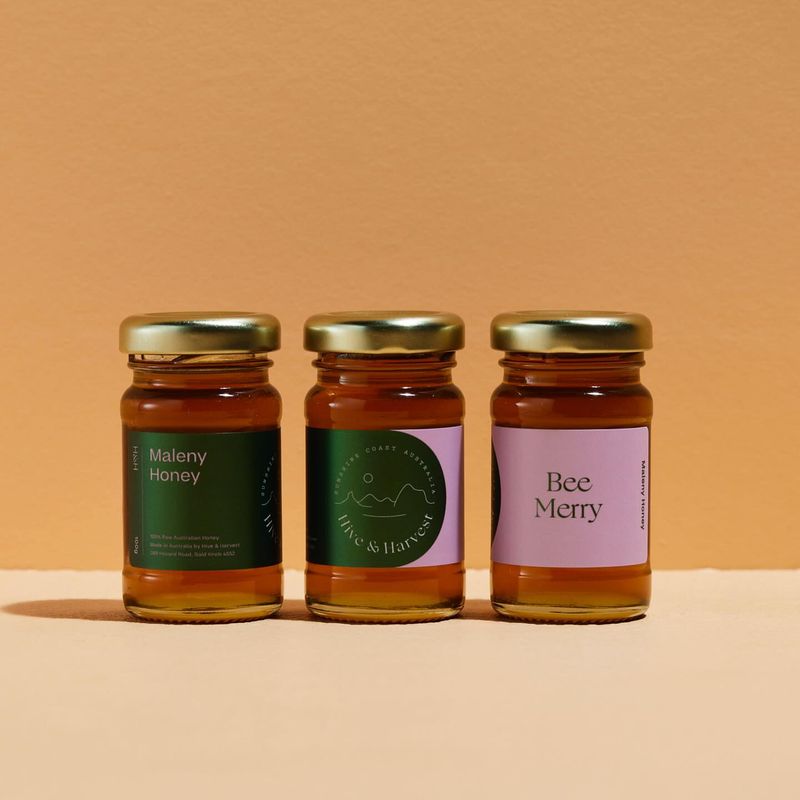
Raw honey isn’t just delicious—it’s a powerful humectant that draws moisture from the air into your lips. Ancient Egyptian beauty secrets often included honey for its ability to keep skin soft and youthful even in the desert climate.
Beyond hydration, honey contains natural antibacterial properties that help heal micro-cuts on chapped lips. Local honey varieties bring unique flavors to homemade lip balms, from light clover to rich buckwheat, depending on what flowers the bees visited.
7. Cocoa Butter – The Chocolate-Scented Protector
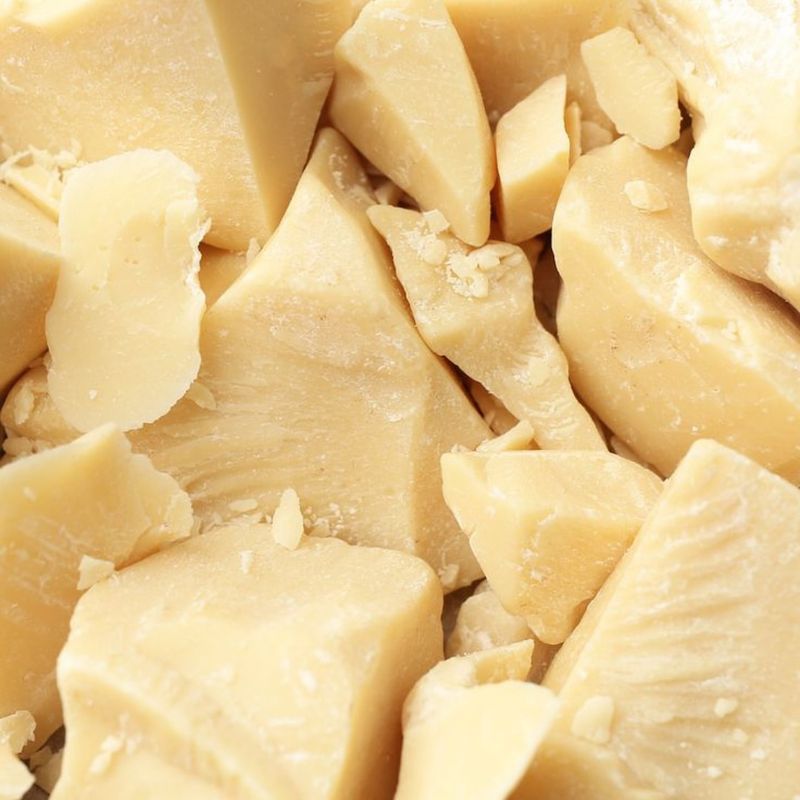
Pressed from roasted cacao beans, this firm butter melts gloriously on contact with warm lips. The rich, chocolate-like aroma makes application a sensory treat, while the concentrated fatty acids create a long-lasting barrier against harsh elements.
Cocoa butter contains natural antioxidants that fight free radicals and prevent premature aging around the mouth area. Its stable shelf life means homemade cocoa butter lip balms can last for months without spoiling, making it perfect for batch preparation.
8. Vanilla – The Comforting Classic
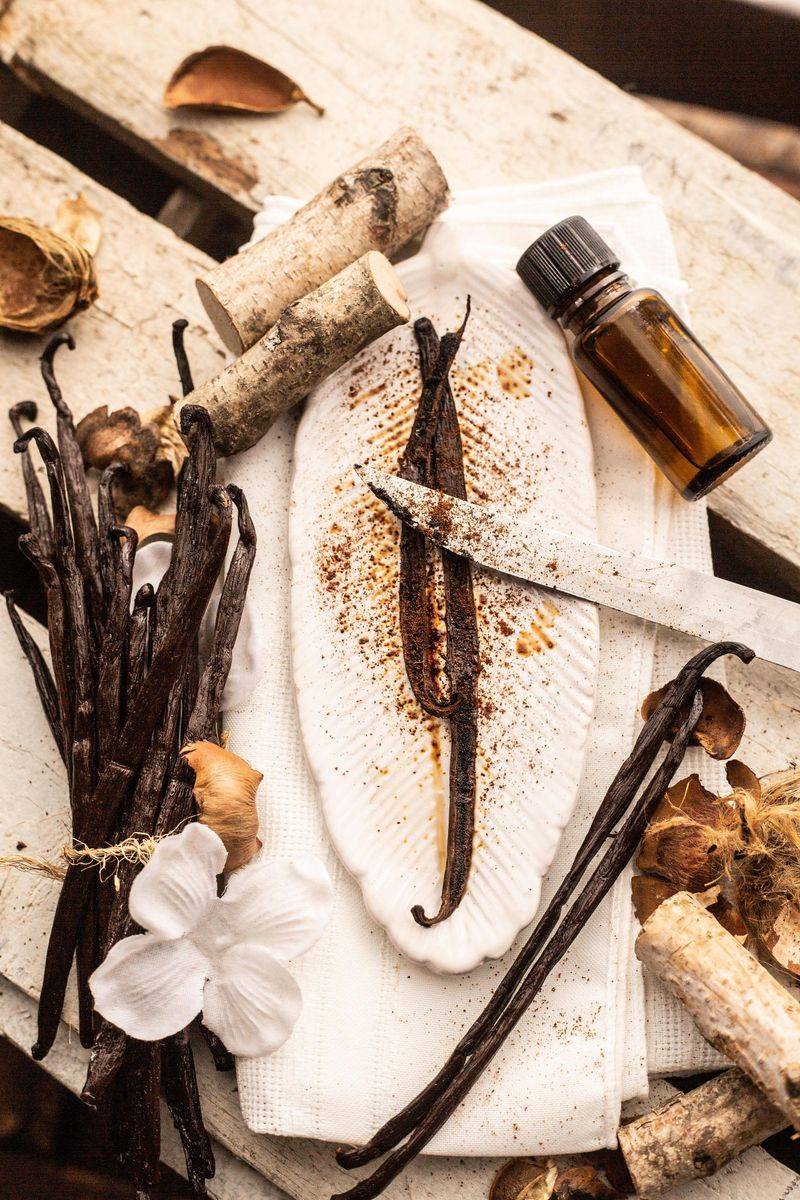
Those long, fragrant beans produce an extract that does double-duty in lip care—adding a beloved scent while actually soothing irritated skin. Vanilla contains B vitamins and antioxidants that nourish delicate lip tissue while its familiar aroma lifts your mood.
Homemade vanilla lip balms often combine the extract with shea butter for a comforting product that feels like dessert for your lips. Some crafters even add tiny specks of real vanilla bean for visual appeal and an authentic aromatic experience.
9. Avocado Oil – The Vitamin-Rich Replenisher
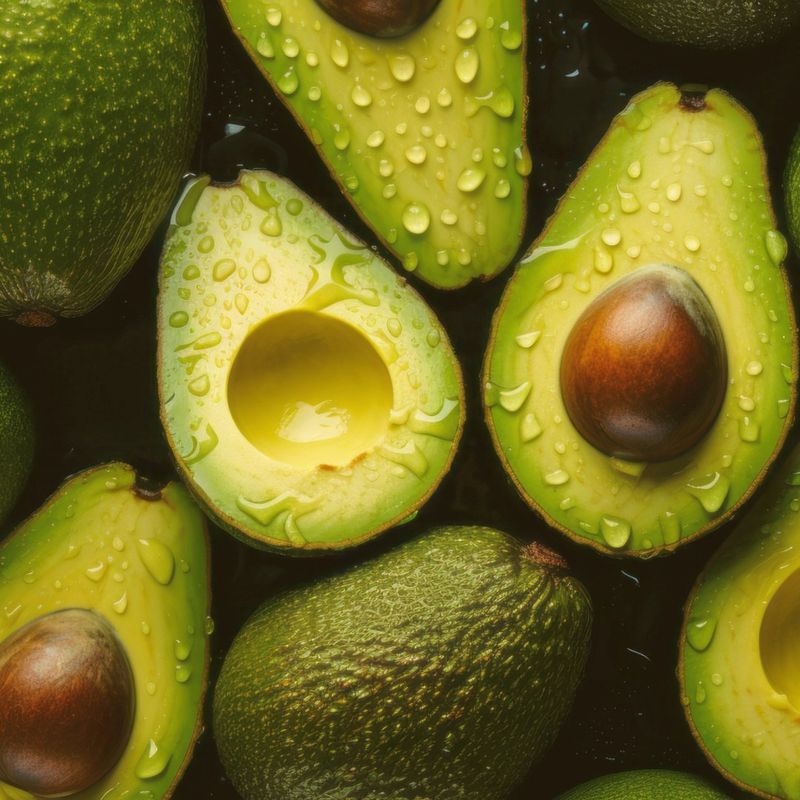
Pressed from the flesh of ripe avocados, this emerald oil absorbs quickly into lip tissue without leaving a greasy feeling. It’s packed with vitamins A, D, and E plus omega-3 fatty acids that rebuild the lip’s protective barrier.
Unlike some plant oils that sit on the surface, avocado oil’s molecular structure allows it to penetrate deeply. People with extremely dry or aging lips particularly benefit from avocado-based balms, which help restore elasticity and suppleness over time.
10. Chamomile – The Stress-Relieving Soother
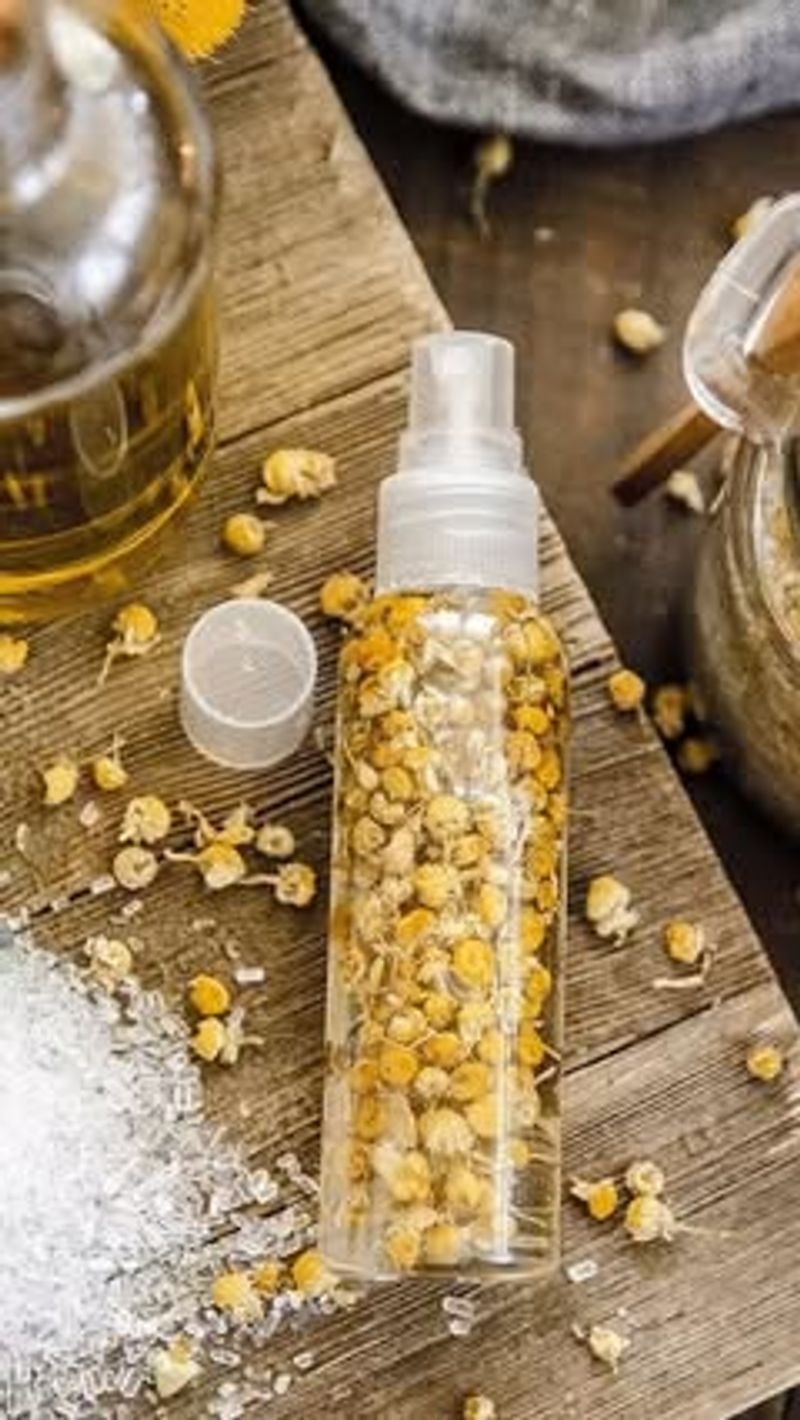
Those tiny daisy-like flowers pack powerful anti-inflammatory compounds that calm irritated lips on contact. Chamomile-infused oils have been used since ancient Egypt to heal skin ailments and reduce redness and swelling.
Beyond just healing, chamomile brings a subtle apple-like scent to lip products. For people with sensitive skin or allergies, chamomile-based balms are often the safest choice, as the plant rarely causes reactions while still delivering effective relief to winter-chapped lips.
11. Lavender – The Relaxation Expert
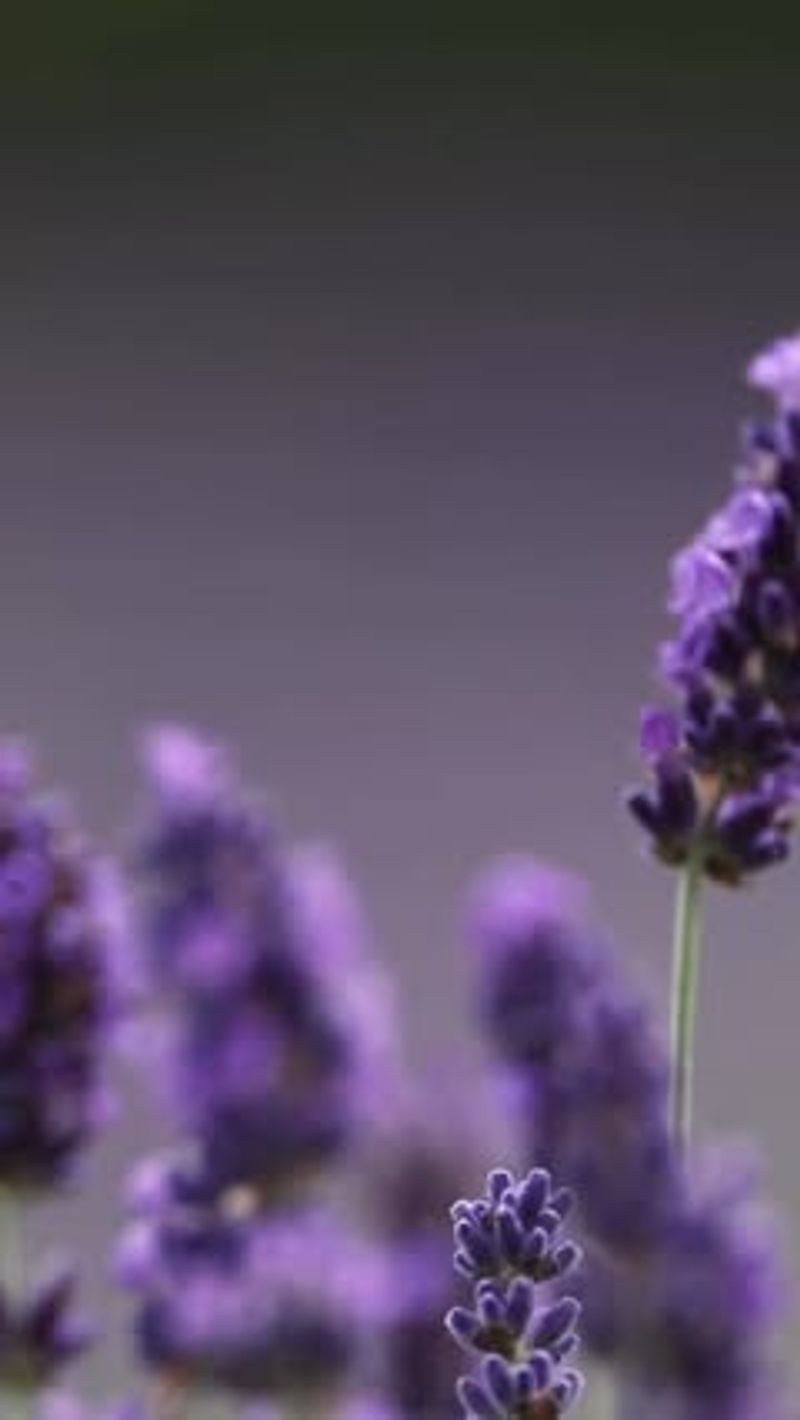
Those purple spikes growing in sunny gardens create one of the most recognizable scents in the world. Lavender essential oil brings its calming aroma to any room instantly, helping to reduce stress and promote better sleep quality.
Beyond just smelling heavenly, lavender has antiseptic properties that help purify the air. Many people keep lavender sachets in bedrooms and closets, as the scent naturally repels moths and other insects while creating a peaceful atmosphere.
12. Eucalyptus – The Breathing Enhancer
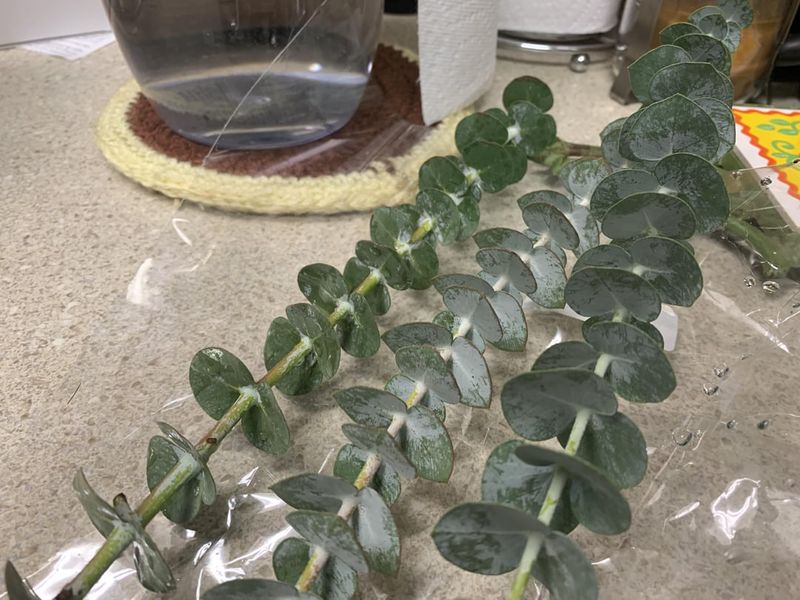
Native to Australia, eucalyptus trees produce leaves filled with powerful aromatic compounds that clear airways instantly. The crisp, clean scent cuts through stuffiness and creates an atmosphere of freshness even in small spaces.
During cold and flu season, eucalyptus becomes especially valuable for its ability to help ease congestion. Hanging fresh eucalyptus branches in a steamy shower creates a natural spa experience, releasing beneficial oils that open sinuses and invigorate the senses.
13. Jasmine – The Exotic Mood Lifter
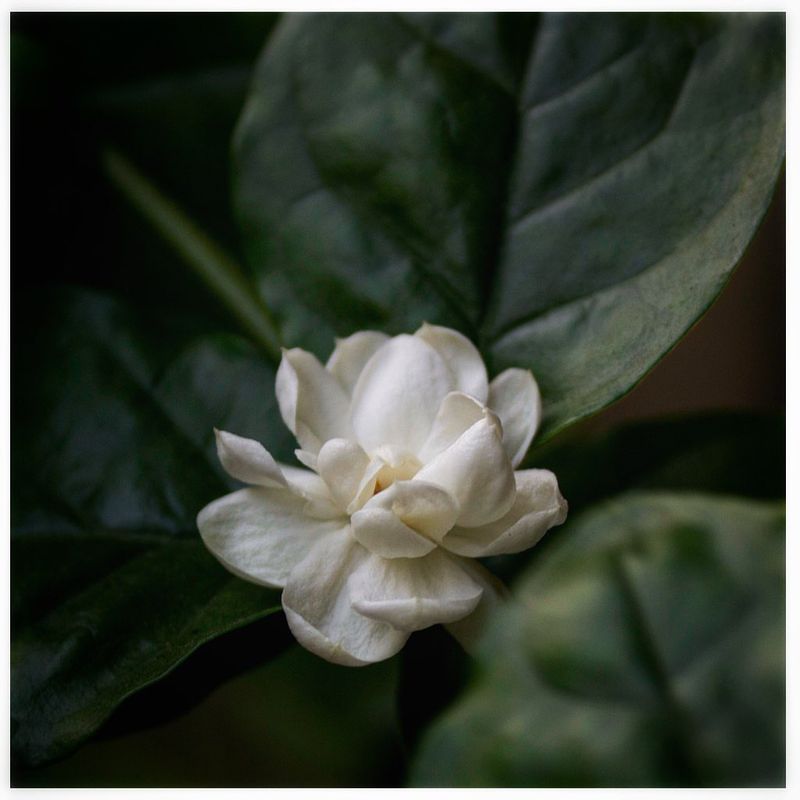
Small white flowers that bloom at night, jasmine releases its most intense fragrance after sunset. The sweet, intoxicating scent has been used in perfumery for centuries and is known to elevate mood and reduce feelings of anxiety.
In many Asian cultures, jasmine flowers symbolize love and are used in religious ceremonies. Scientific studies have shown that jasmine scent can increase beta waves in the brain, creating a state of alertness combined with relaxation—perfect for creative work or meditation.
14. Lemon Verbena – The Cheerful Energizer
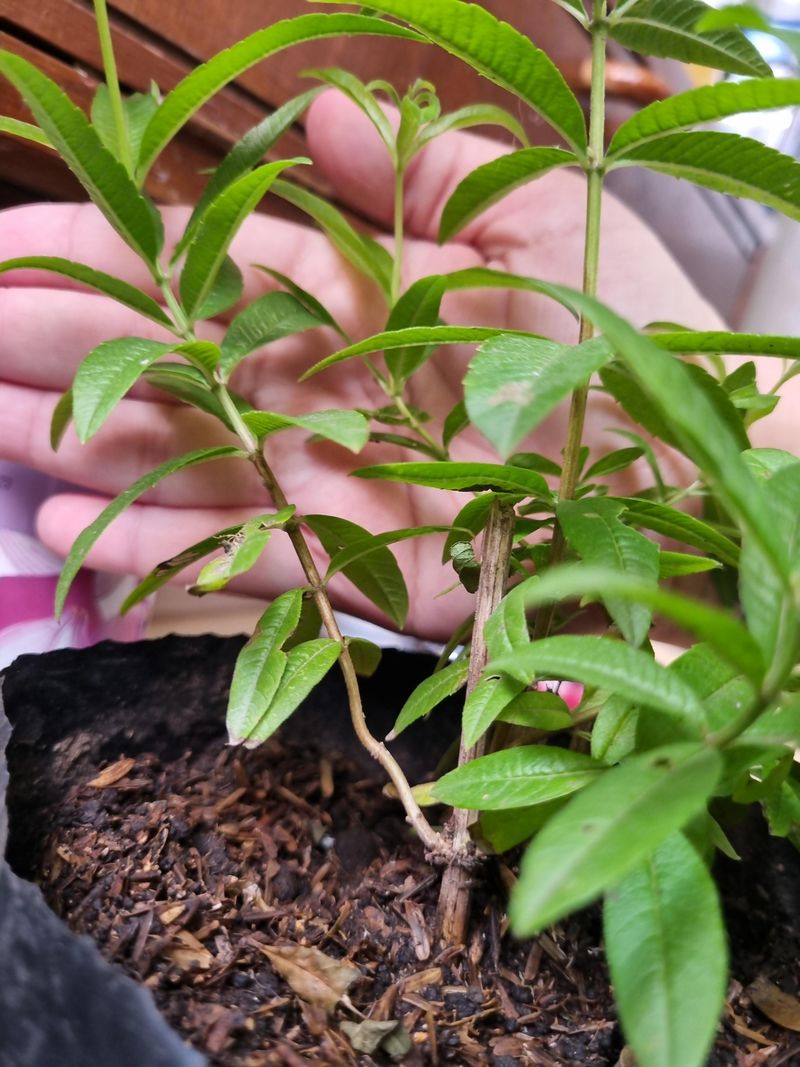
Brush against a lemon verbena plant and your fingers instantly capture its bright, lemony scent without the acidity of actual citrus. This South American herb creates an uplifting atmosphere that can chase away mental fog and fatigue.
Unlike synthetic lemon scents, verbena carries subtle floral notes beneath its citrus punch. Gardeners often plant it near patios or walkways where brushing against the leaves releases the fragrance naturally, creating an aromatic experience with every garden visit.
15. Sandalwood – The Grounding Ancient
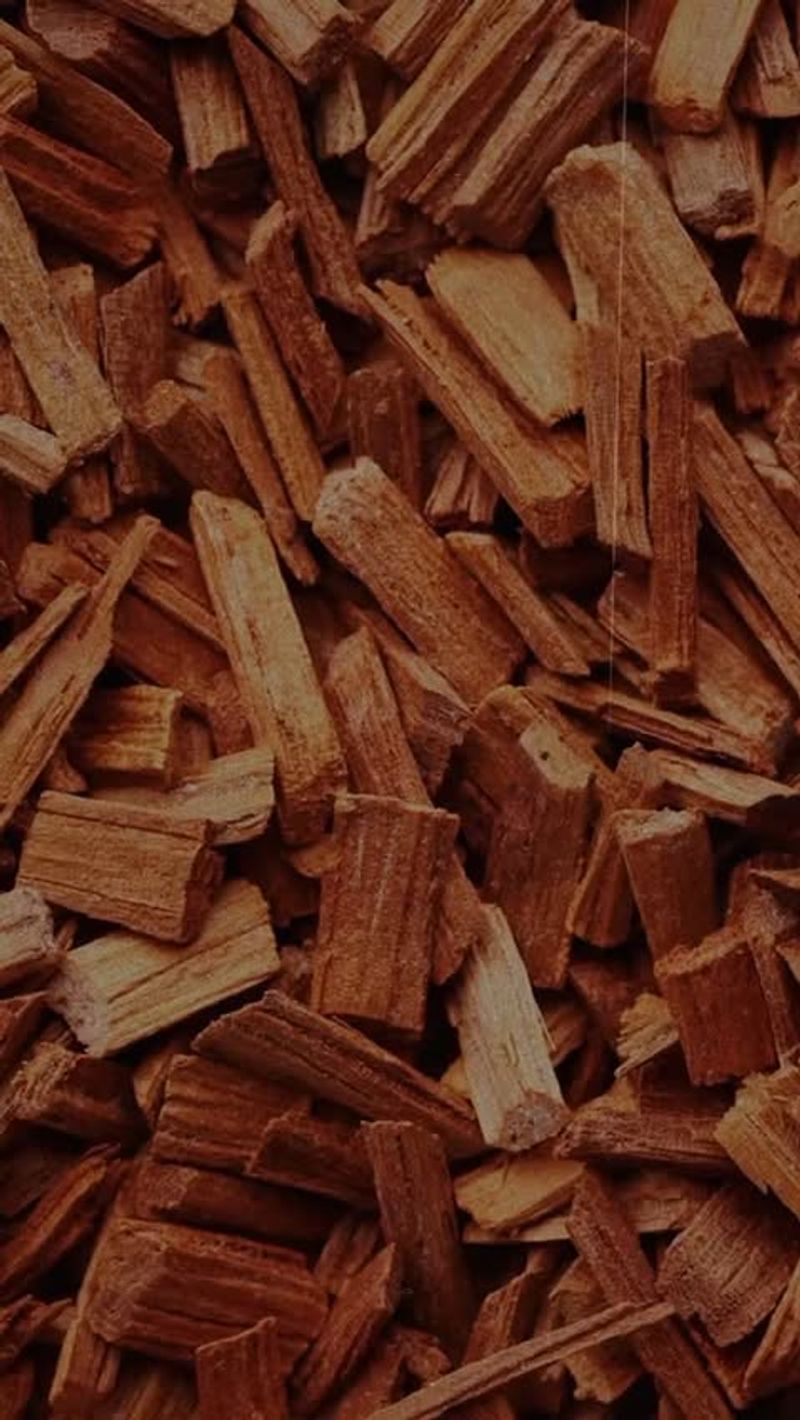
Harvested from the heartwood of trees that must grow for decades before yielding their precious scent, sandalwood carries a warm, woody fragrance that seems to center the mind. The oil has been used in meditation practices across India and other Asian countries for thousands of years.
Unlike lighter floral scents that dissipate quickly, sandalwood creates a lasting base note that anchors other fragrances. Its slightly sweet, creamy quality makes spaces feel instantly cozy and welcoming, perfect for creating a sanctuary-like atmosphere at home.
16. Rosemary – The Memory Booster
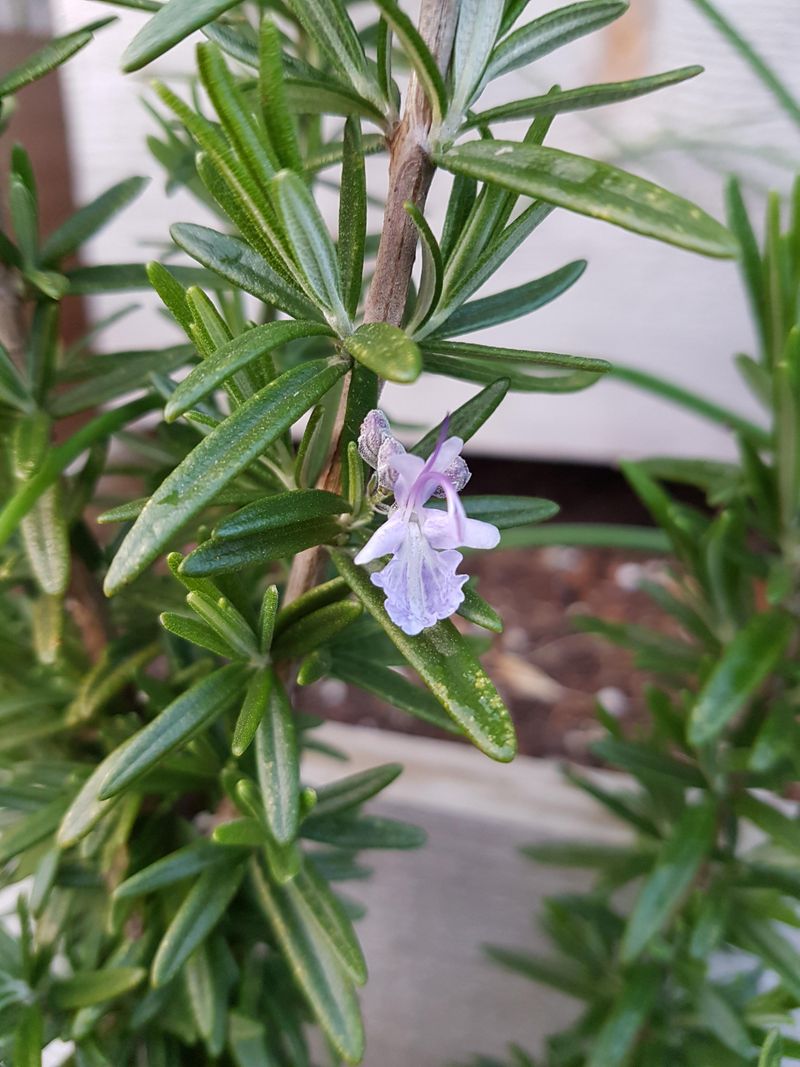
This needle-leaved herb does more than season your roast chicken—its piney, invigorating scent actually improves cognitive function. Students in ancient Greece wore rosemary garlands during exams, believing it enhanced memory and concentration.
Modern research confirms those ancient practices had merit. The aromatic compounds in rosemary increase blood flow to the brain and interact with neurotransmitters. Simply keeping a pot of rosemary on a sunny windowsill provides both culinary herbs and aromatherapy benefits with every brush of your hand.
17. Ylang-Ylang – The Tropical Stress Melter
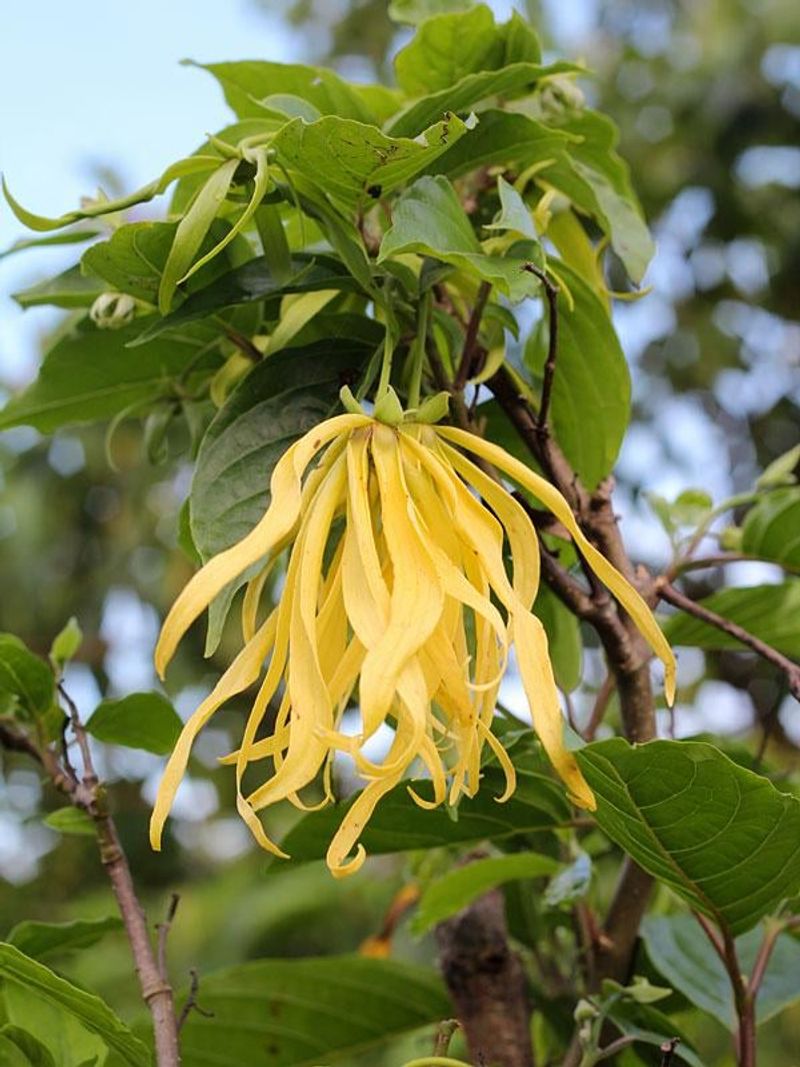
Star-shaped yellow flowers from the Cananga tree produce one of perfumery’s most prized scents. The rich, floral aroma with hints of banana and custard instantly transports you to a tropical paradise, melting tension from your shoulders.
In Indonesia and the Philippines, ylang-ylang flowers traditionally decorate the beds of newlyweds for their reputed aphrodisiac properties. Beyond romance, the scent balances the nervous system, lowering blood pressure and heart rate after stressful days.
18. Cedar – The Forest Sanctuary Creator
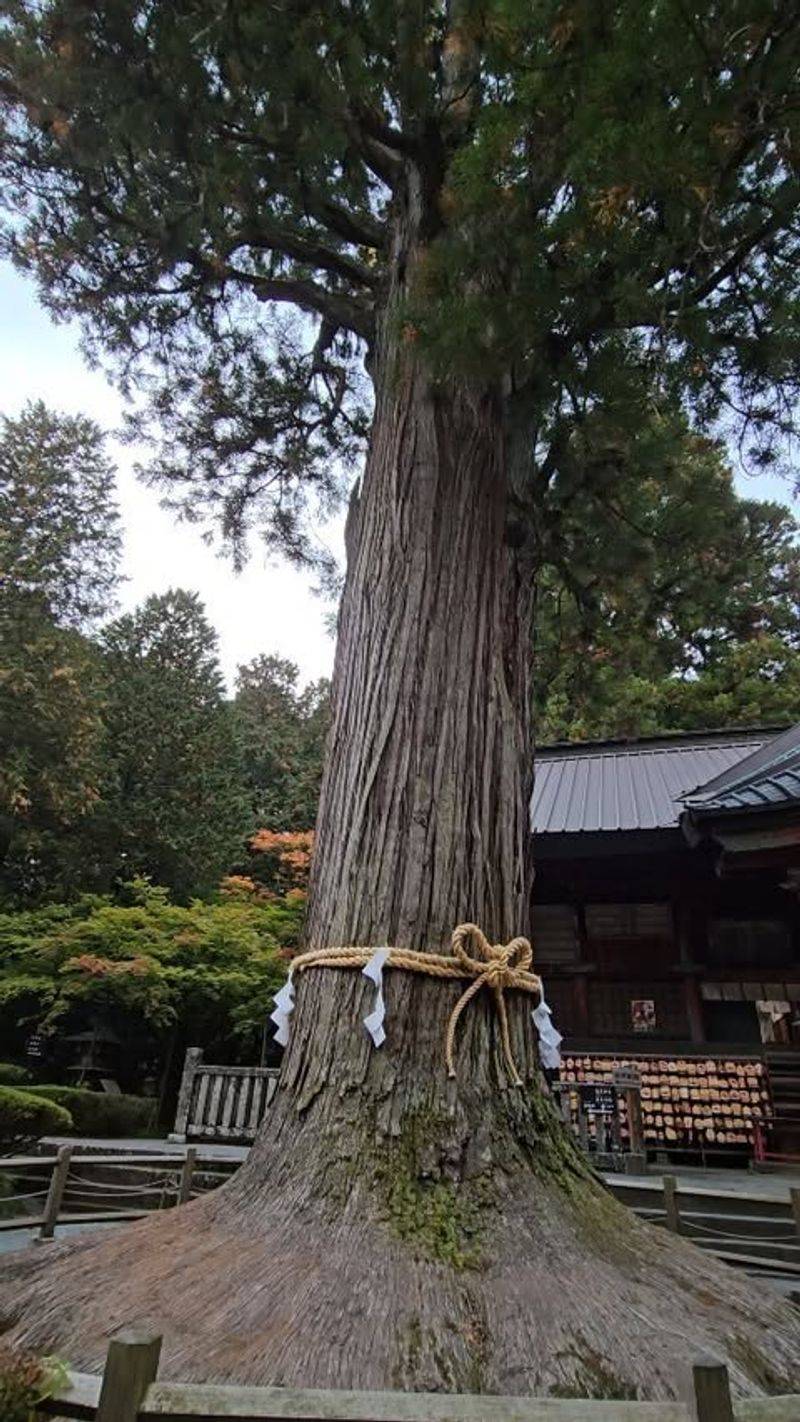
The distinctive aroma of cedar evokes ancient forests and quiet strength. Native American traditions have long used cedar in purification ceremonies, as the scent was believed to clear negative energies from spaces and people.
Beyond its spiritual applications, cedar oil naturally repels moths and other fabric pests. Small blocks of cedar in closets protect woolens while releasing their comforting scent. The warm, balsamic notes create a sense of protection and shelter, making homes feel like secure retreats from the outside world.

